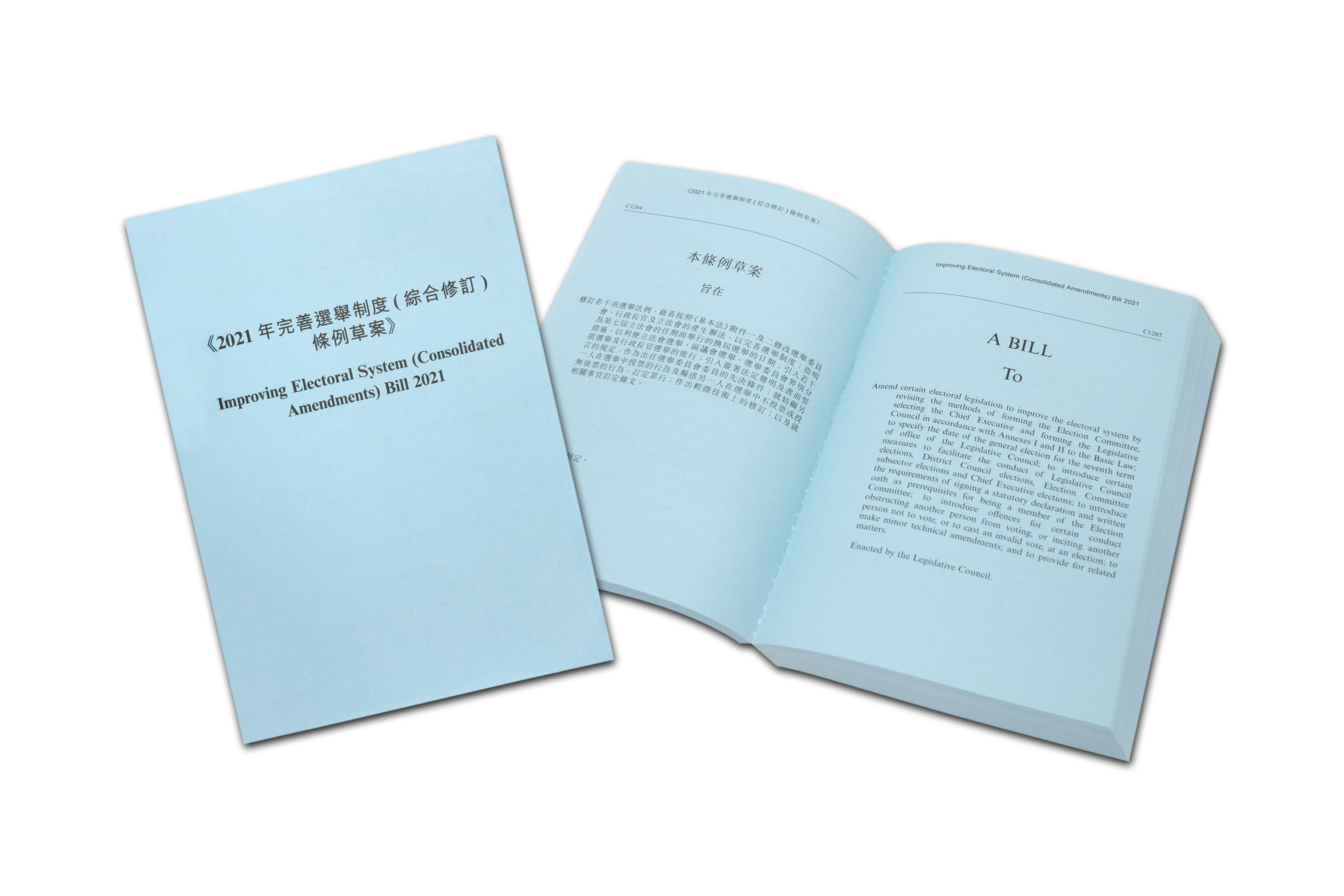WHAT IS A BILL
There are two types of bills: Government bills and Members’ bills.
Article 62(5) of the Basic Law provides that the Government of the Hong Kong Special Administrative Region has the powers and functions to draft and introduce bills, motions and subsidiary legislation. Bills introduced by the Government are known as Government bills.
Although most bills are Government bills, Legislative Council Members may also introduce bills into the Legislative Council and such bills are known as Members’ bills. Under Article 74 of the Basic Law, bills which do not relate to public expenditure, political structure or the operation of the Government may be introduced individually or jointly by Members. As for bills relating to Government policies, the written consent of the Chief Executive is required before they can be introduced by Members.

Before a bill is introduced into the Legislative Council, it needs to go through the following procedures:
| GOVERNMENT BILLS | MEMBERS’ BILLS | |
|---|---|---|
| Consultation | If the Government intends to propose new laws or amend existing laws for the implementation of a policy, the relevant policy bureau usually consults the relevant Legislative Council Panels, and various parties (including the public) that may be affected by the implementation of the bill. | Before a Member introduces a bill, he or she must first consult the relevant Legislative Council Panel on a draft of the bill and may consult the parties affected by the bill. |
| Law drafting | Having considered the comments received during consultation, the policy bureau gives drafting instructions to the Department of Justice (“DoJ”) requesting it to put the proposal into the form of a bill. The bill will then be submitted to the Executive Council. | The Member who intends to introduce a bill is responsible for the drafting of the bill. The introduction of a Member’s bill requires a certificate issued by the Law Draftsman of DoJ that the bill conforms to both the form of bills according to the Rules of Procedure of the Legislative Council of the Hong Kong Special Administrative Region and the general form of Hong Kong legislation. |
| Introduction of bills |
|
|
| 1 | As defined in section 2 of the Private Bills Ordinance (Cap. 69), a “private bill” means a bill which (a) provides primarily for the particular interest or benefit of any individual, association or body corporate rather than the interest or benefit of the public, and (b) is not a Government measure. |
| 2 | Public bills relate to matters of public policy and they tend to be general in nature and affect the public. |



